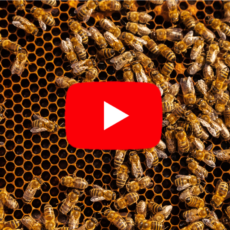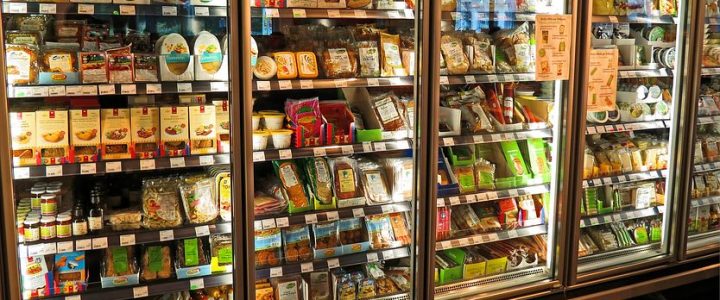
In today’s world, public opinion is slowly shifting towards a greater desire for environmentally friendly and sustainable products. This is not only important for consumers, but also for companies producing goods as it is a means to increase profits. A study by New York University (NYU) found that sustainably marketed goods outperformed their conventional counterparts in 90% of product categories between 2013 – 2018. It can be challenging to denote a product’s sustainable aspects so certifications are a way for 3rd party organizations to verify the environmental or sustainable claims a company makes. Certifications typically have packaging logos or designs that companies can place on their products to notify consumers it is certified.
It is important for consumers to understand what certifications mean. They provide a way for people to reliably know if a product is produced or sourced in a specific way. Without certifications, companies can make claims about their products that are very misleading. One of the most well known examples of this is a set of advertisements run by Chevron in the 1980s. They showed and highlighted the “environmental dedication” that the company had, when in reality Chevron was one of the largest polluters at that time and was violating multiple environmental protection laws. Certifications typically represent a set of environmental guidelines and industry practices that companies are required to follow. Each certification organization has their own set of guidelines, so it is important for consumers to get familiar with some of the most common.

Appliances and electronics make up a majority of energy usage in a standard home. A well-known certification that looks at the energy efficiency of these products is Energy Star. Energy Star is a program run by the US government that aims to help consumers easily choose energy efficient products that save them money and reduce pollution.
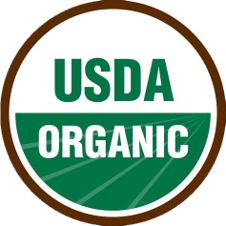
One of the most common product categories to see an environmental certification in is food. USDA Organic is arguably the most recognized certifications in food. It is used for products that are produced using organic practices. Organic farming is typically less environmentally disruptive than standard farming because it does not rely on pesticides or fertilizers.
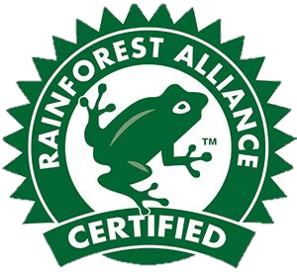
The Rainforest Alliance is another certification focused on sustainable land use and farming. Rainforests are the most biodiverse regions in the world and are home to half of the world’s plants and animals. Products that are Rainforest Alliance certified are from farms in rainforest regions that meet strict environmental and social standards. Rainforest Alliance’s goal is to promote social well-being for local communities and environmental longevity for the area.
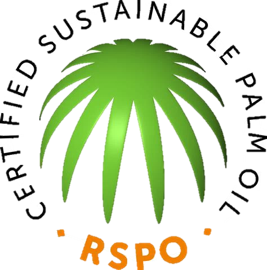
One of the largest crops produced in rainforest areas is palm oil. Palm oil plantations cover 27 million hectares of earth’s surface and are typically created by clear cutting rainforests, completely removing its biodiversity. The Roundtable on Sustainable Palm Oil (RSPO) is a certification that is working to unite stakeholders in the palm oil industry to create sustainable environmental standards for its production. Products that are RSPO certified use palm oil from plantations that meet benchmarks to reduce negative impacts on the environmental and local communities.
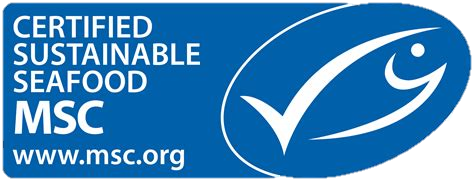
Oceans are the primary food source for an estimated 3 billion people and this number is expected to increase in the coming years. In many parts of the world overfishing and poor fisheries management are a real concern. The Marine Stewardship Council provides a certification for sustainably caught and managed seafood. Their goal is to improve seafood traceability to give consumers the ability to understand where their seafood comes from and how it is caught.
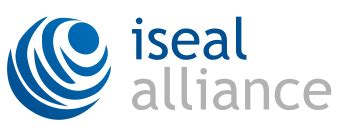
It can be challenging to determine the legitimacy of a certification, but a reliable source to find this information is through iSeal. iSeal is a global membership association for organizations that meet their sustainability standards. Many of the major sustainability certification organizations are members of iSeal, like Rainforest Alliance, RSPO, and Marin Stewardship Council.
While there are many products that do have certifications to distinguish them there are also many that do not. There are a lot of certifications available for carbon neutral businesses, but there are not many that look at the carbon footprint of products. Inherently, products will have different sized carbon footprints and when purchasing goods it is important to know which products have the smallest possible. swrm is in the process of finishing a mobile app that does exactly this. It allows consumers to scan the barcode of a product and it provides the product’s carbon footprint. By having the carbon footprint you can make an informed decision on which products to purchase. If you are interested in downloading the app when it is released you can sign up for the waiting list by following this link.
Environmental certifications fill an important role in allowing consumers to make informed choices when purchasing goods. It is important for people to be aware of how their purchasing choices affect the environment and how there is often a more environmentally friendly option available. Ultimately, it comes down to each person’s own discretion and research to make the right decision and reduce your environmental impact.


